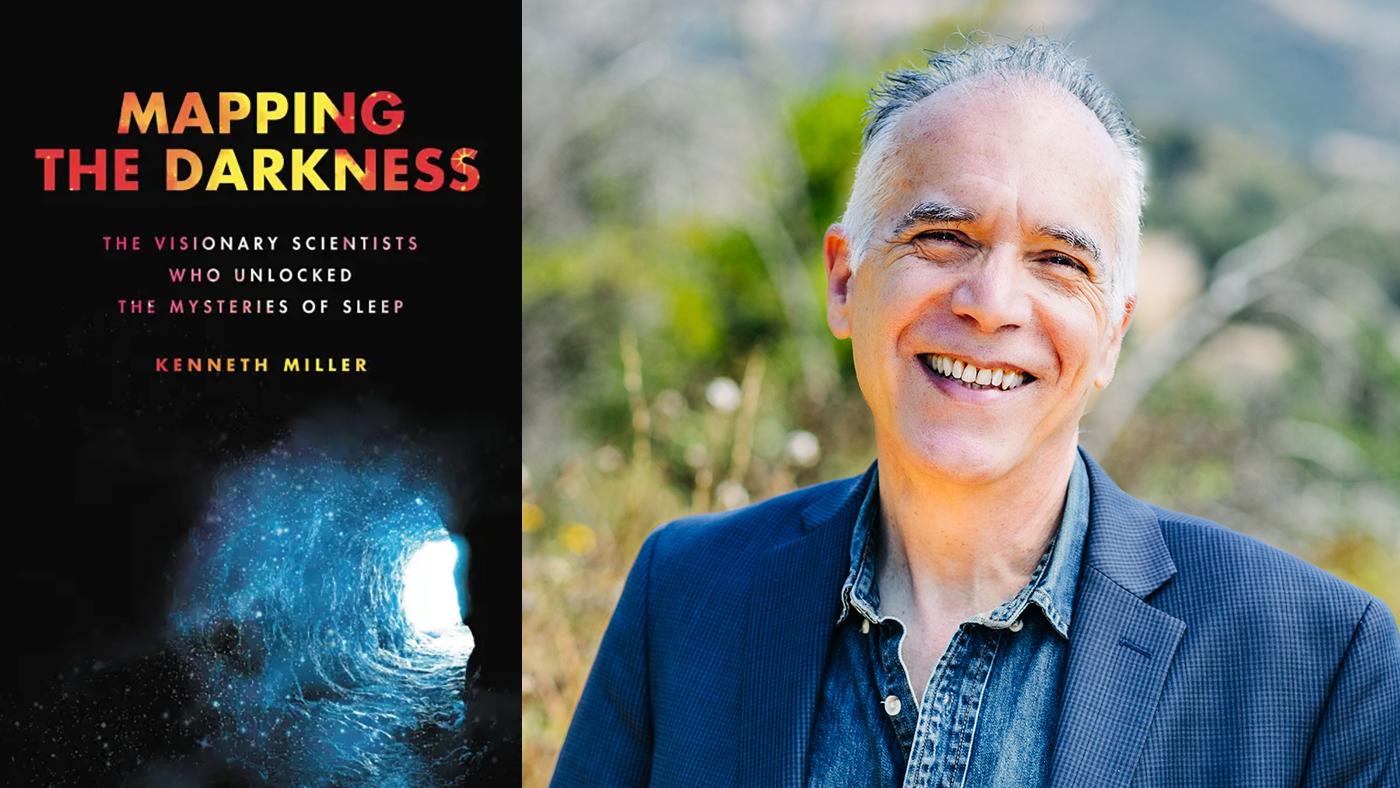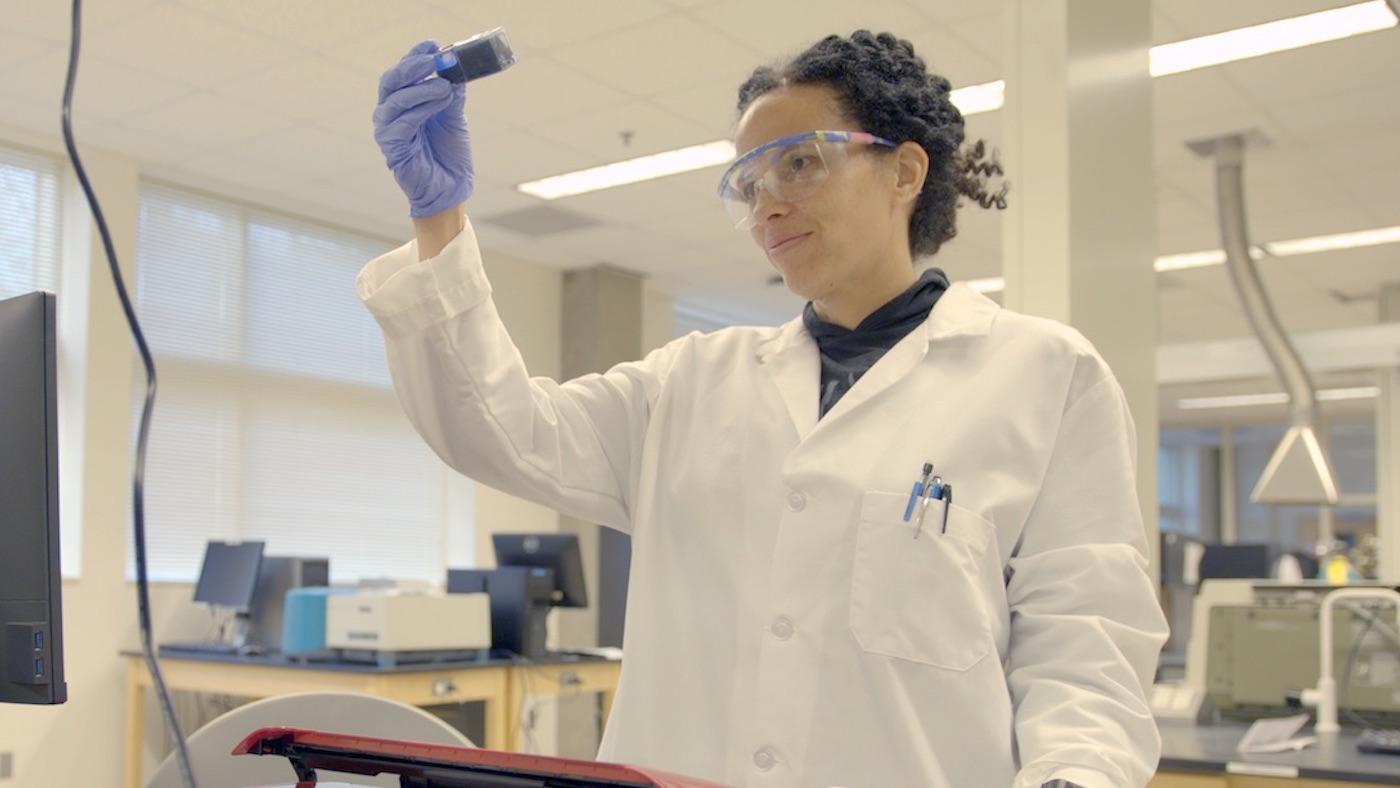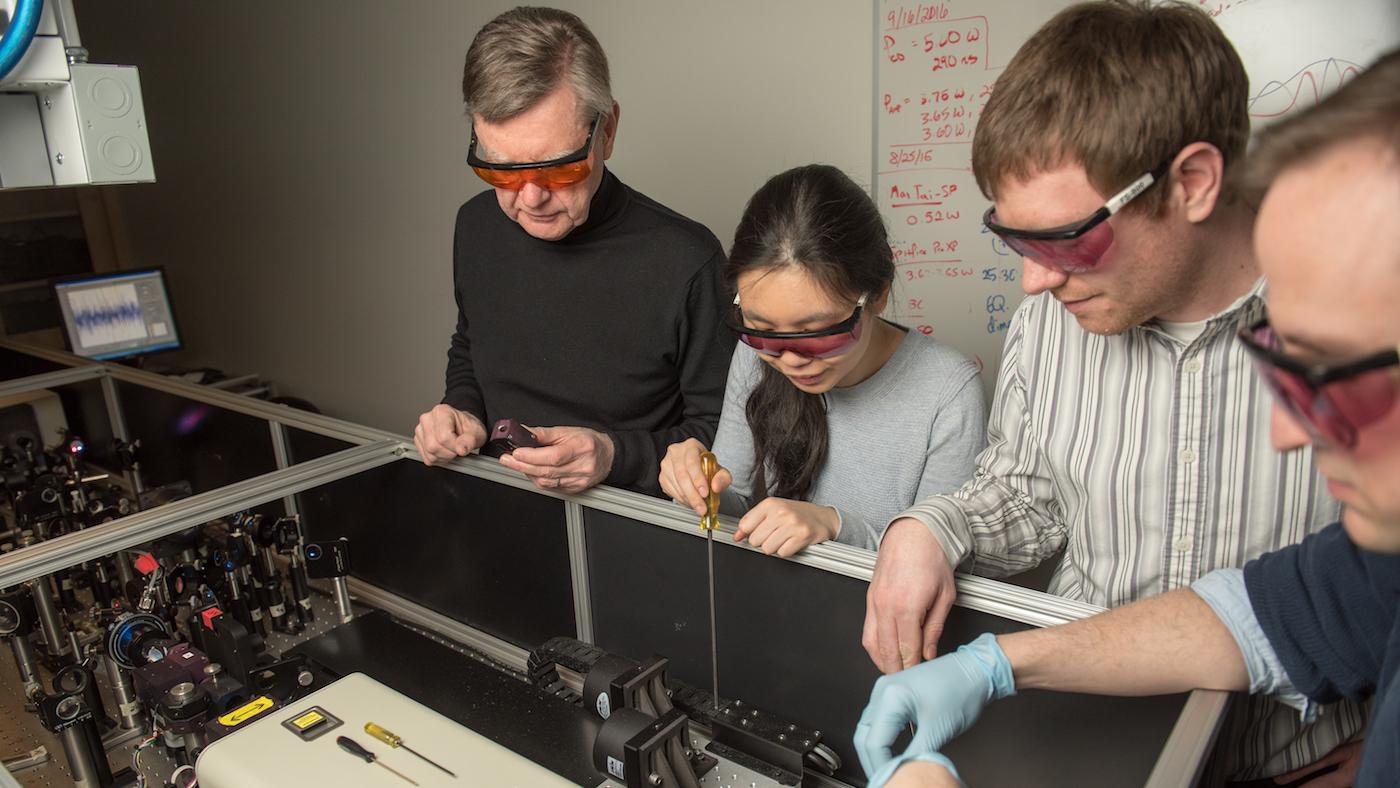'NOVA Wonders' About Science's Unanswered Questions
Daniel Hautzinger
April 25, 2018
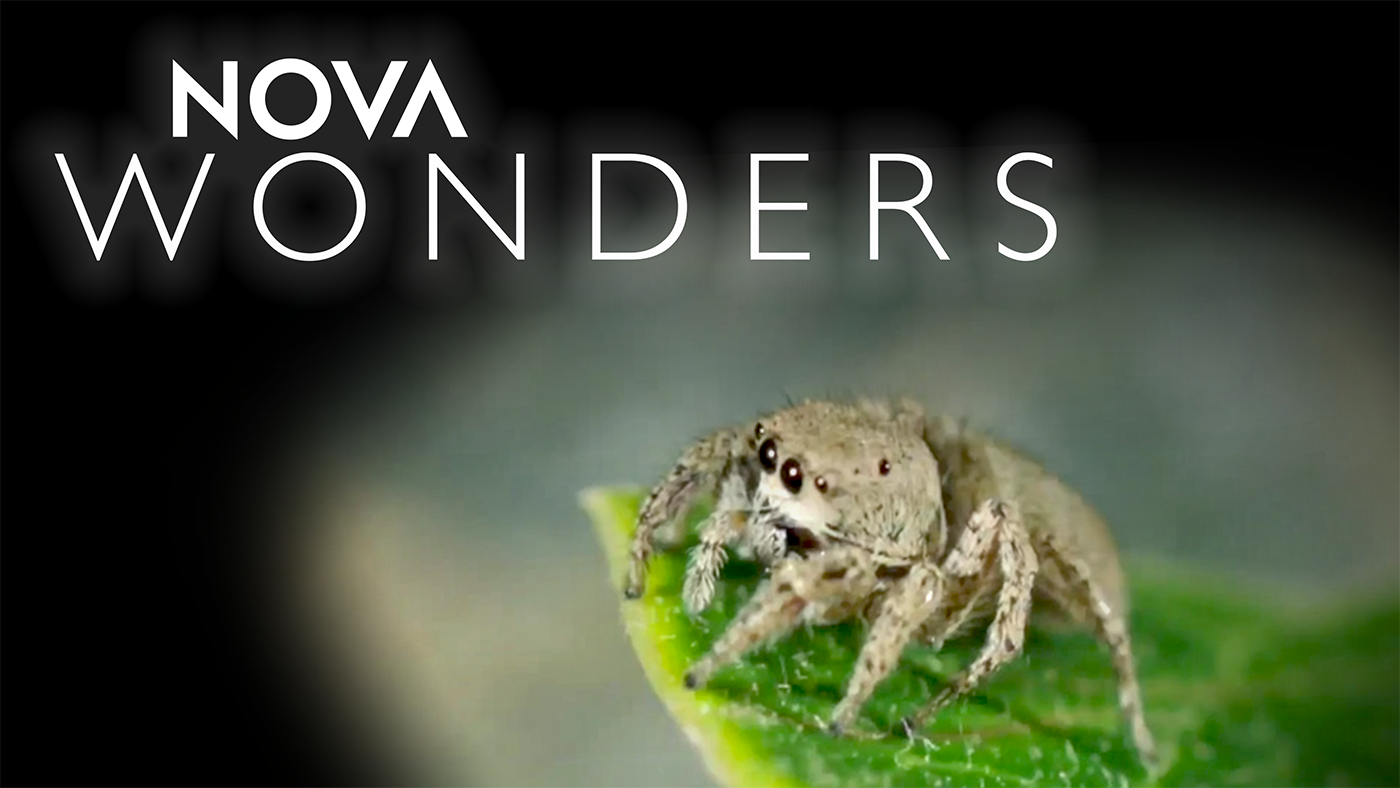
NOVA Wonders airs Wednesdays at 9:00 pm and is available to stream.
NOVA usually focuses on questions scientists know the answers to – why our weather is changing, how a circumnavigating solar-powered plane works, the evolution of animals’ protective features. But the new miniseries NOVA Wonders asks the questions we don’t fully understand, the ones scientists still wonder about. What is dark matter? Is there extraterrestrial life? Can we build a truly intelligent artificial intelligence?
The six-episode series, which premieres Wednesday, April 25 at 9:00 pm, is hosted by three youthful, pathbreaking scientists. Talithia Williams is a mathematician who applies data models to the environment and body, for instance partnering with the World Health Organization to predict the cataract surgical rate for countries in Africa and advocating for monitoring your own body’s data in a TED talk. Rana el Kaliouby has worked to develop emotional recognition technology for use in artificial intelligence in her career as a computer scientist. And André Fenton is a neurobiologist who studies the biological basis of memory.
So what do the six episodes wonder about?
What Are Animals Saying?
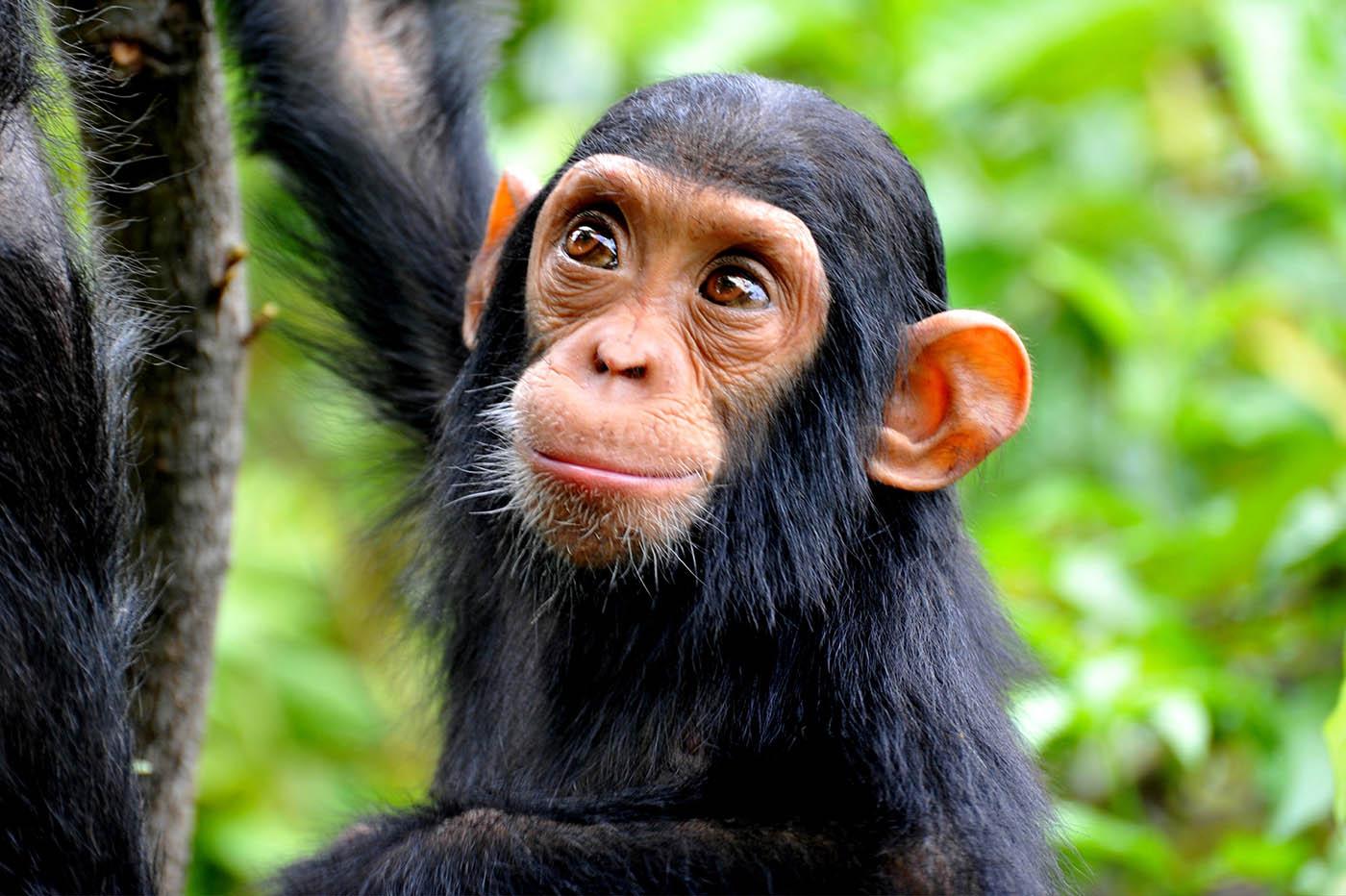 Photo: WGBH Educational Foundation
Photo: WGBH Educational Foundation
Animals communicate in a huge variety of ways, and we’re only now beginning to understand how these languages work, from the well-known whale song to ultrasonic bat squeaks. By discerning how these communications work, we can learn more about the emergence of human language.
What’s Living in You?
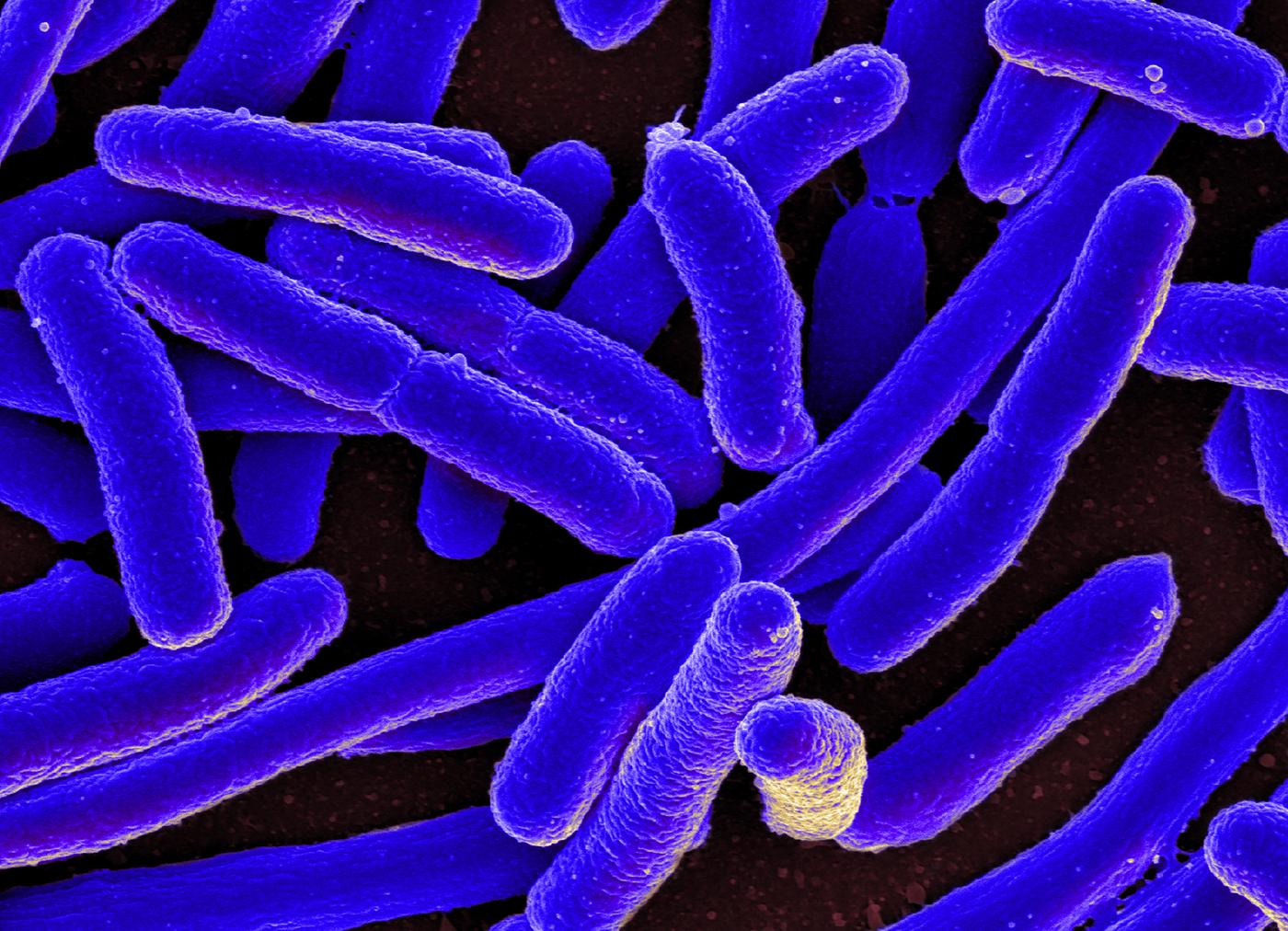 Photo: Shutterstock
Photo: Shutterstock
The human body is its own entire microbiome, with more bacteria, viruses, and fungi living in and on our bodies than there are human cells actually making us up. In an era of kombucha and interest in other probiotic foods, how does the complex ecosystem that we host help us live and function?
Are We Alone?
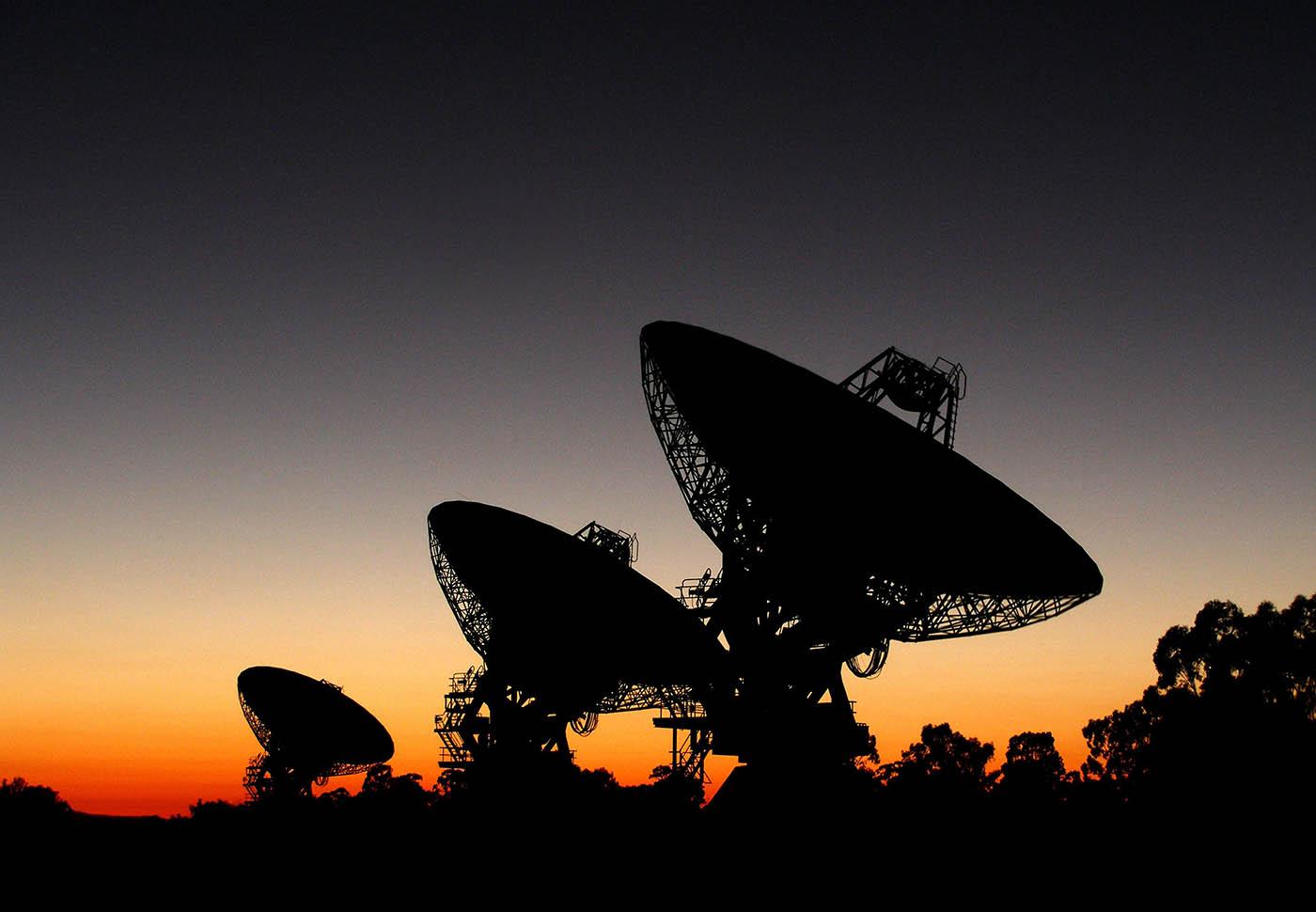 Photo: Shutterstock
Photo: Shutterstock
As technological advances make it easier and easier to study planets farther and farther away, it’s becoming ever more possible that we could discover another form of life out in the wide universe. But where should we look? Is there anything to find? We may be able to discover new planets light-years away, but how do we study them?
Can We Build a Brain?
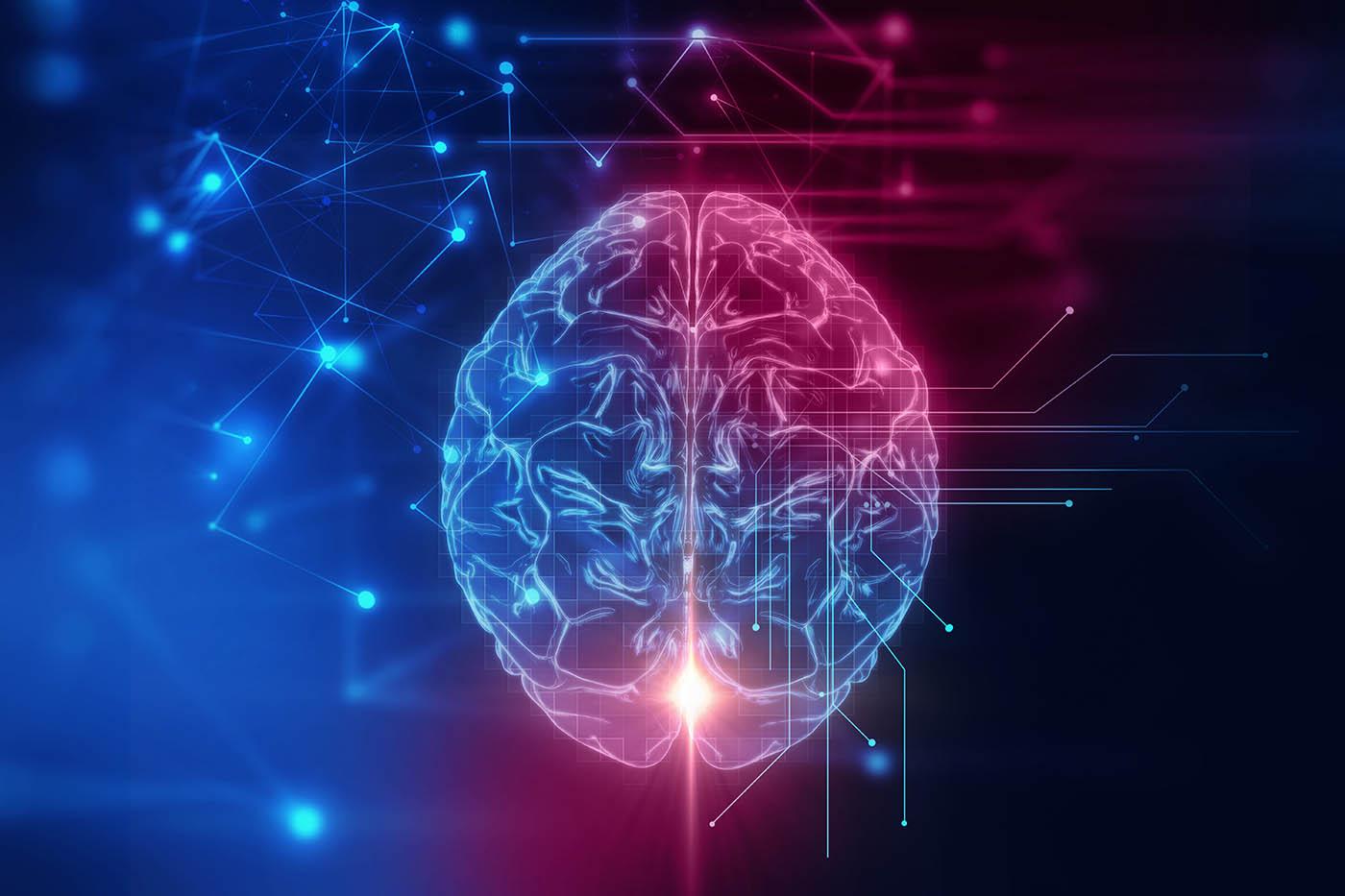 Photo: Shutterstock
Photo: Shutterstock
Most people interact with some form of artificial intelligence every day, through phones, cars, and more, so much that we almost take it and the amazing advances within it for granted. But how advanced is artificial intelligence? What’s the next stage in its evolution? Are there risks?
Can We Make Life?
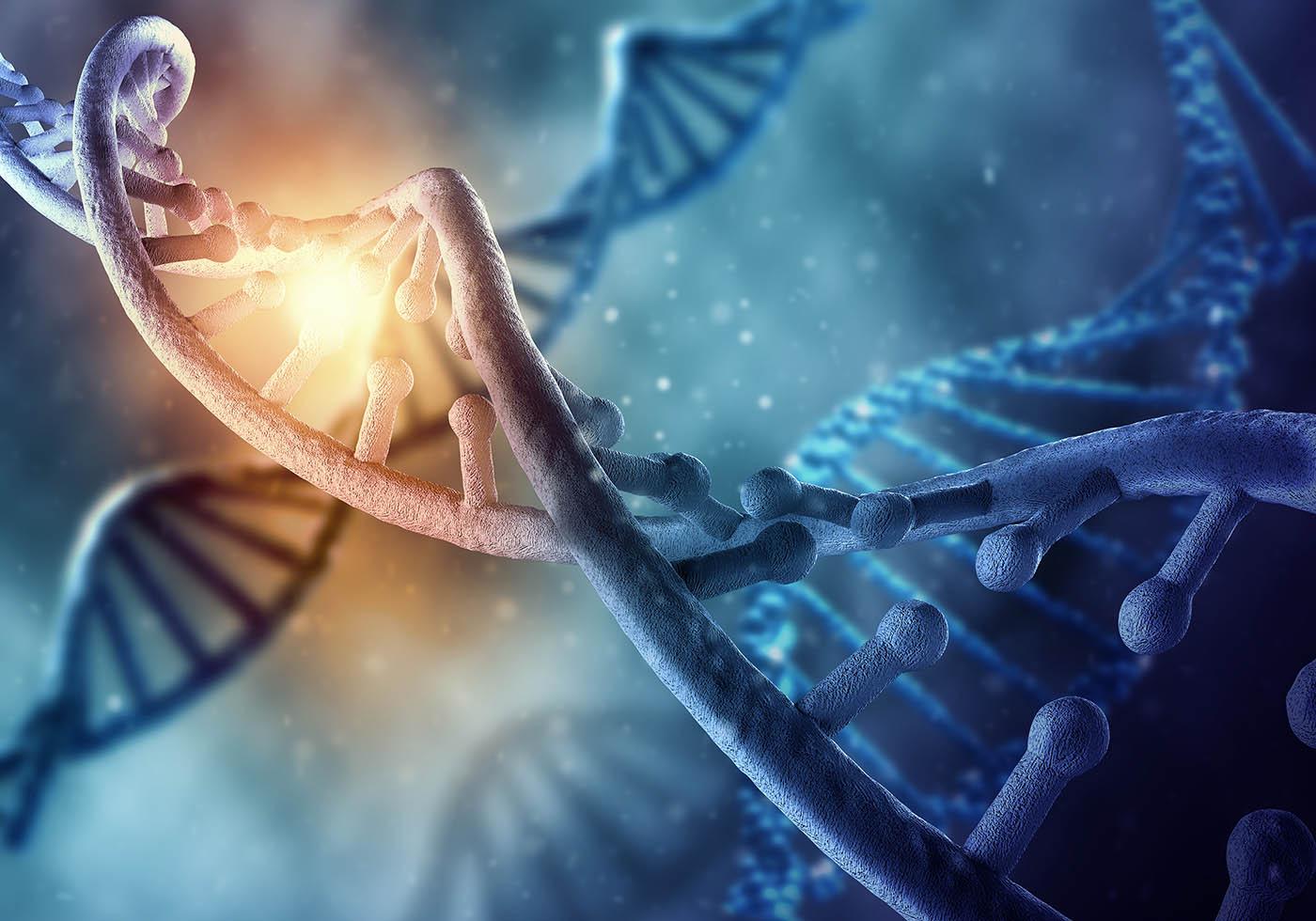 Photo: Shutterstock
Photo: Shutterstock
Genetic engineering allows researchers to edit genomes, could help in treating genetic diseases, and may even allow scientists to bring animals back from extinction. Synthetic biology can grow organs and cells. What else can these technologies be useful for? Should we be afraid of genetically modifying nature?
What’s the Universe Made of?
 Photo: Shutterstock
Photo: Shutterstock
Dark matter, dark energy. They make up the majority of the known universe, but we can’t see them. What are they? How do they work? How can we study them? Do they tell us anything about the formation of the universe? It’s a dark corner that scientists are hoping to shed light on.


